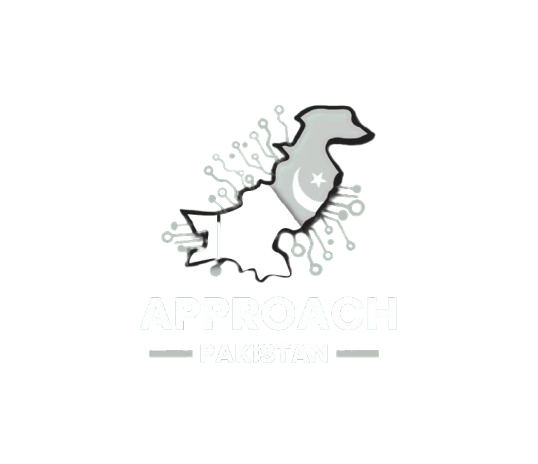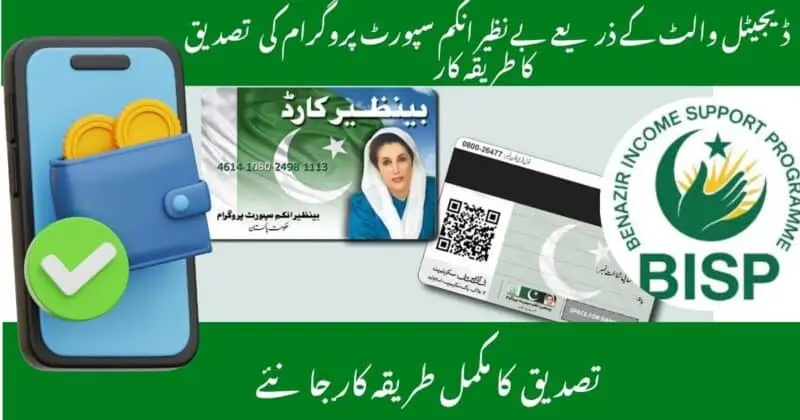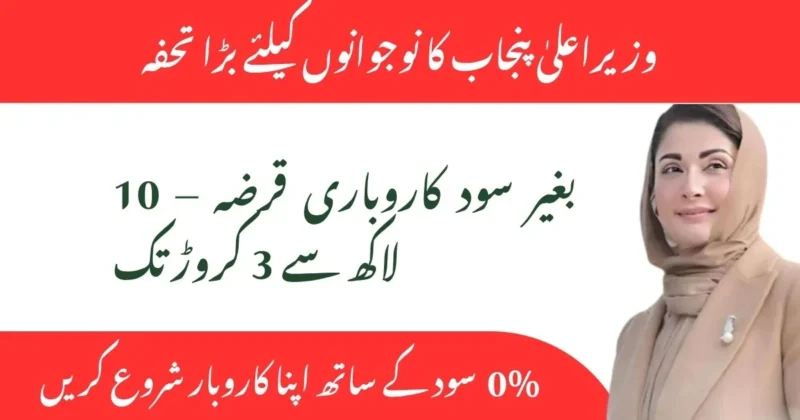Ehsaas Kafalat Program 8171 | Check Your balance Now
The Pakistani government’s Ehsaas Kafalat Program 8171 represents a significant effort to assist vulnerable citizens, particularly women from low-income families. As someone who’s seen how small changes create big impacts, I can confirm this financial support initiative – originally introduced under the Benazir Income Support Program (BISP) – genuinely helps reduce poverty while enhancing quality of life for Pakistan’s poorest groups.
What makes this Program special is its focus on strengthening women’s economic roles through a monthly stipend. By empowering female heads of qualifying households via financial independence, it seeks to build a more inclusive and equal society. For the latest updates, always Check the official portal at https://8171ahsaasprogram.pk/ – a resource I’ve found invaluable when helping families navigate the system.

Background and Objectives of Ehsaas Kafalat Program 8171
The Ehsaas Kafalat Program 8171 (احساس پروگرام) was launched by Prime Minister Imran Khan in January 2020. It is part of the broader Ehsaas initiative, which includes multiple programs focused on financial support, healthcare, education, and poverty reduction across Pakistan.The specific goals of the Kafalat Program are to:
- Financial Assistance for Families: The Ehsaas Kafalat Program 8171 provides PKR 2,000 monthly to beneficiary families, helping cover essential expenses.
- Secure Payment System: Payments are distributed through biometric verification at authorized ATMs and POS machines, ensuring transparency and reducing fraud risks.
- Women’s Economic Empowerment: By depositing funds into women’s CNIC-linked accounts, the program ensures direct access to the monthly stipend, strengthening their financial independence.
Eligibility Criteria and Registration Process
Registration for the Ehsaas Kafalat Program 8171 works through multiple channels – you can register online via the 8171 web portal or simply text your CNIC number to 8171 through the SMS service. Having helped families navigate this system, I’ve seen how Utility retailers and Ehsaas Centers also offer assistance to those needing help.
The transparent approach uses information from the National Socio-Economic Registry (NSER) to identify worthy households, giving priority to female-headed families with dependent children or elderly members, especially those below the poverty line in impoverished districts. Your income level and family situation are key criteria in this qualifying process.
Implementation and Impact
The Government of Pakistan’s Ehsaas Kafalat Program 8171 relies on the National Socio-Economic Registry (NSER) to target families below the poverty line, especially female-headed households in the poorest districts. Since its inception, registration has been simplified through the 8171 SMS service, web portal, and Ehsaas Centers—reaching 7 million beneficiaries with billions of rupees in financial assistance.
Partnering with the Benazir Income Support Programme (BISP) and financial institutions, the program ensures accessibility via 18,000 biometric ATMs and POS agents. From firsthand observations, the initiative has impacted millions, easing daily expense management while boosting education, healthcare, and women’s social and economic status—proof that structured aid creates tangible change.
How to Pick Up Your Payment
The Ehsaas Kafalat Program faces hurdles in maintaining correct NSER data and expanding financial services and digital literacy in rural regions. The government is tackling these by raising stipends, broadening coverage, and combining health insurance with education stipends. For real impact, ongoing observation and assessment remain crucial to enhancing efficacy.
Read also: Asaan Karobar Program Online Registration 2025
Essential Elements of the Ehsaas Kafalat Initiative 8171
- Quarterly Financial Assistance: Rs. 12,500 quarterly payments through ATMs nationwide help families cover essential needs through the Financial Assistance program.
- Vulnerable Group Support: The program prioritizes women, girls, and transgender individuals – society’s most vulnerable groups needing Targeted Support.
- Girls’ Education Rewards: Education Incentives reward girls with larger stipends for completing primary education, encouraging school attendance.
- Maternal and Child Health Support: Pregnant women and families with babies receive extra funds through special Health Incentives.
- Fair Eligibility Determination: NSER data determines eligibility using income level, household size, and regional factors for fair Transparent Eligibility.
- Simple Registration Process: Three easy ways to register: 8171 SMS, 8171 web portal, or visit Ehsaas Centers and utility outlets.
- Nationwide Payment Network: Over 18,000 biometric POS/ATMs across Pakistan ensure easy access, even in remote areas for Widespread Implementation.
- Measurable Program Impact: 7+ million beneficiaries report better nutrition, healthcare access, and daily expense management from the program’s Substantial Impact.
- Women’s Economic Empowerment: Direct cash transfers to women boost their economic status and decision-making power in households – key to Encouraging Women.
- Program Enhancement Plans: Future Improvements include increased stipends, broader coverage, and added health insurance with education benefits, all under continuous monitoring.
Conclusion
Pakistan’s Ehsaas Kafalat Program 8171 delivers targeted financial support to vulnerable groups, addressing economic needs while promoting social welfare and reducing poverty. This powerful initiative fosters long-term empowerment, with the potential to create a more egalitarian and inclusive future for all Pakistanis.
Read also: BISP 13500 Payment Phase 2: Verification & Collection Guide 2025






